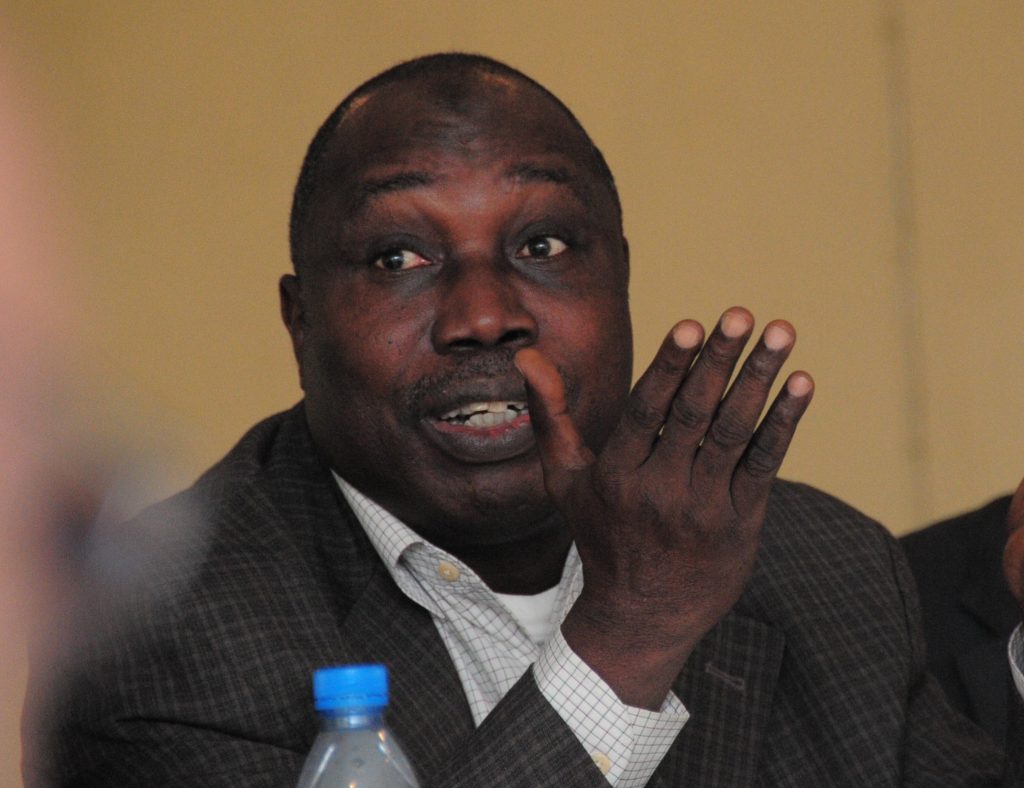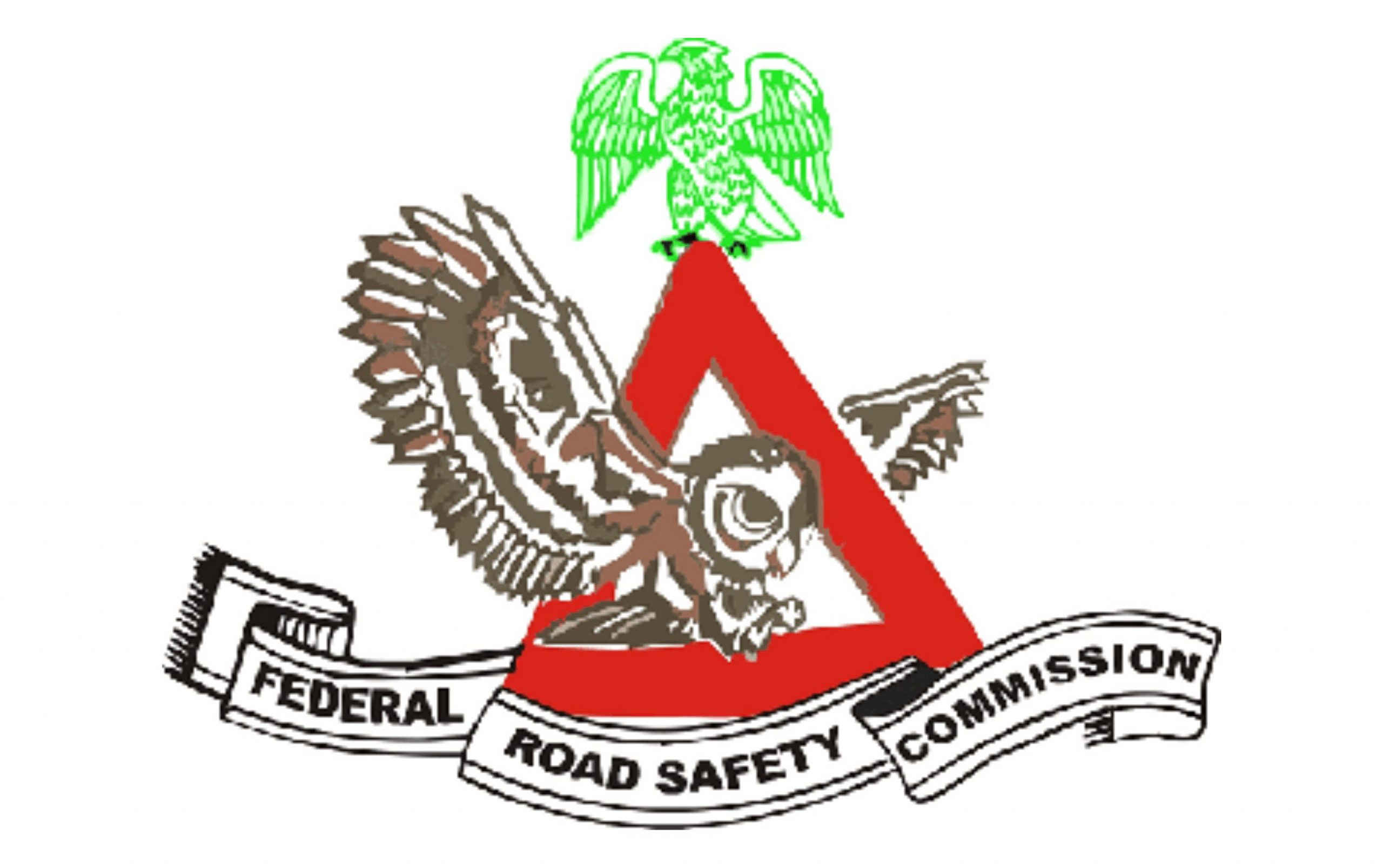
In desperation, the Lion of Bourdillon roared again in Abeokuta. We can’t forget it was in Abeokuta shortly before the party’s primaries last year that Asiwaju Bola Ahmed Tinubu, having read the body language of some All Progressives Congress leaders that he coined the phrase, “Emi Lokan”, meaning it’s my turn now to be President. Addressing a mammoth crowd at the MKO Abiola Stadium last month on the campaign trail, he accused fifth columnists in his party, the APC, of being responsible for the fuel scarcity that has gripped the nation for several months. This is aside the redesign of three of the currency notes of the Naira, and the attendant pains the policy has inflicted on hapless Nigerians. But for his crying out loud, the three top bills of the Naira would have seized to be legal tender by January 31. Now, a 10-day extension has been granted. Whether it would be enough is another matter. For many Nigerians, spending endless hours at Banks’ ATMs without success is now a whole day’s work. And we’re not talking of the challenges being faced by those trying to buy fuel for their vehicles and to power their generators.
It’s unbelievable that an incumbent President would allow the prevailing chaos to be the defining climax of his two-term tenure. On a State visit to Imo, in the southeastern part of Nigeria, late last year, President Muhammadu Buhari wondered aloud why those who should be trumpeting his achievements in office weren’t doing so. The current presidential campaigns offer a good chance for all members of the party led by the incumbent president and Tinubu, the party’s candidate, to shout to the rooftops whatever the APC has achieved in eight years. Definitely, in several parts of Nigeria, there has been remarkable improvements in road infrastructure. The second Niger bridge is almost completed. New milestones have been achieved in rail transportation. Though it’s alleged to be corruption-ridden, thousands of Nigerians are said to have benefited from the Social Investment Programme. Even though, food prices have soared, agricultural harvests, against all odds, have been good.
Against this backdrop, it’s curious that Mr. President has been missing on his party’s campaign trail, which would have afforded him the opportunity to blow his own trumpet. On one occasion, when he was expected to put up an appearance at one of the campaigns, he chose to go to Dakar for an engagement. His indifference and nonchalance to the campaigns are understandable to those who have been keen watchers of his administration. He never seems to do anything with passion. Perhaps, he does in “the other room”.
And if a President refuses to be passionate about his achievements in office, why should anybody else blow it for him. Not even the candidate of his party, who probably can’t see anything tangible to merit shouting Hallelujah. In Yorubaland, when a king is going to appear in his court, he is heralded by his trumpeters and drummers, who use the occasion to sing his praises and regale the audience as to his achievements, some of them outlandish in the main. The bottom line is the King would be there in person. Thus, while TInubu, as he moves from one campaign ground to the other, should be the lead trumpeter and drummer of Buhari’s achievements in office, when the principal is missing in action, it means anybody blowing his trumpet does so at his own peril. On several occasions, Tinubu has described Buhari as his friend. And the kind of friend you have shows clearly who you are. So, if Buhari is really Tinubu’s friend, some people would conclude that the latter doesn’t need an enemy.
Because of his taciturnity, it’s Buhari’s body language that many Nigerians, including some of those in his kitchen cabinet, turn to in order to know what’s going on in his mind. Although, the APC has a presidential candidate, Tinubu, the flag-bearer is definitely not Buhari’s candidate. It showed clearly in the race for the APC ticket. Aside the large number of aspirants, 23, many of Tinubu’s kinsmen and supposed allies were encouraged to vie against him. And when it was glaring that Tinubu might win, a few days to the Primaries, Abdullahi Adamu, chairman of the party issued a press statement that claimed Ahmed Lawan, Senate President and one of the contestants, had been made the consensus candidate. Tinubu, strongly backed by APC northern governors, issued a rebuttal. The rest is history.
Therefore, if APC loses this election to the Peoples’ Democratic Party, PDP candidate’s Atiku Abubakar, Buhari won’t lose any sleep. And that would be a confirmation of the so-called Fulani agenda, to hold Nigeria’s leadership in perpetuity. After all, there are claims out there on the streets that the outgoing President is the leader of the Fulani ethnic group in West Africa, and for a nomadic people who have no place to call a homeland, they have finally decided to settle in Nigeria. While there’s nothing wrong in that choice, what galls other ethnic groups is that they want to do it strictly on their own terms. And that’s what rampaging herdsmen destroying farms, killing farmers, raping women and kidnapping for ransom has been all about these past several years.
Since independence, Nigeria has seen the best of times and the worst of times. And one of the worst of times was under General Sani Abacha, a man very much after Buhari’s heart. Even as cruel as Abacha was, he once noted that if an insurgency cannot be put down within 24 hours, then it’s not unlikely that those in power are involved. It’s against that backdrop that many have come to view the insurgency, kidnapping, banditry and all kinds of criminalities that abound in the Country today.
There’s no doubt that these last few months of Buhari’s tenure, which is already tension-soaked are a make-or-mar moment for the Country. The forthcoming February 25 presidential election has put all on tenterhooks. Whoever wins, if it’s considered free and fair, the tension may die down. But if there’s a perception that it was rigged, then the Nation’s heart may head for its throat again. And that would not be the first time. Like in the past, the tension may abate for a while, but the centrifugal and centripetal forces contending for the Nation’s jugular would be back in full force sooner or later. And the giant with all its potential would remain glued to the same spot where it has been for decades; to put it in street lingo, “ e no pass, e no fail, and it’s refusing to leave the class”.
Yet, something tells me, that in line with the optimism of Nigerian youths and millions that are not so young, this country of 300-odd ethnic groups may yet claim its rightful place in the Sun, among the comity of great Nations. When that dawn comes, and with President Buhari having succeeded in his eight years in office in widening the gulf between his Fulani kinsmen and other ethnic groups, can his legacy assure him a positive mention as one of the heroes who built a modern Nigeria?





